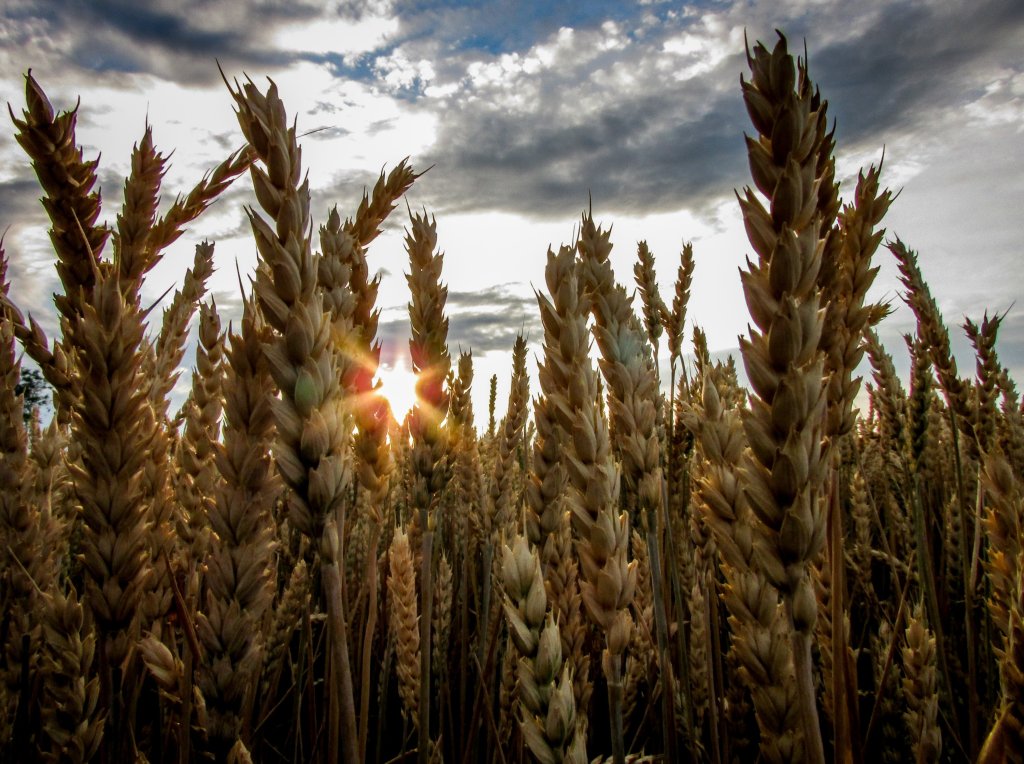So I decided to scout for some seedlings on this day – it was an off day from work.
I got some assorted seedlings including tomatoes, cabbage, kale etc.
My frontyard garden was well tilled and manured.
I had even applied some compost on some beds but some earlier planted seedlings had not pulled through due to the heat.
A day after purchase, I sowed the seedlings after work.
I was a bit tired but had to do what I had to do to avoid losing my investment.
I ensured that I watered them generously and which allowed them to establish through the night.
Most seedlings undergo transplanting shock- a season of adjustment to the new environment.
So by morning, most of the seedlings seemed off to a good start but the greatest test lay ahead.
As it grew hotter and hotter, I tried my best to water the crops as much as I could to maintain moisture but it was too little too late for most of them.
I watched most of the seedlings wither and curl under the cruel sun.
The heat never relented…it never subsided.
Slowly I watched as some of the seedlings wilted to nothingness.
I couldn’t stop the cruel sun.
It just was meant to be.
At least I could manage this small loss.
At least I had an alternative source of income.
Buy what about the farmer who solely depends on produce?
Rainfed agriculture is a discussion we only have in Africa.
In most nations outside the continent, different discussions are on the table – irrigation, vertical farming etc.
Probably the current drought should serve as a lesson for future generations.
A lesson about water conservation and recovery.
WATER CONSERVATION
Are there ways to conserve water usage in the farm?
Drip irrigation is one of those methods.
I’m yet to get that drip irrigation kit but I know it’s long overdue
Drip irrigation delivers the right quantity of water at the right frequency at the right place.
Now forget about sprinkling which spreads water all around the place.
Drip irrigation capitalizes on using water efficiently and effectively to get a crops.
Infact its one reason why some farms thrive I a desert environment.
But conservation water comes in many shapes and sizes.
Soil amendments are also important in this regard and the cheapest is compost.
Compost not only is nutrient rich but has a high water holding capacity.
This allows crops to have available water in between periods of prolonged drought.
Compost also functions as a good mulch allowing slo release of nutrients while at the same time suppressing weeds.
There are other ways we can conserve water in the farm.
Practices such as leaving agriculture residues on the farm, digging shallow pans to ‘trap’ water etc.
Beyond conservation, water recovery is also important.
RECOVERY
We conserve what we already have.
So how can we capture the resource?
As stated earlier, times are changing.
With more erratic rainfall, the likelihood of collecting and storing rainwater is not as common as we would like it to be.
Besides, rainfall patterns determine the quantity of underground water which may lead up to more dry wells over time.
If that’s so, what recourse do we have?
WASTEWATER
Wastewater is composed of 99% water with the remainder being impurities.
If that’s the case, could we find ways of recovery of water from wastewater?
I mean, not just romaniticizing about it but having employing efficieny techniques to get water from waste water then rechanelling it to farming and domestic use…
But besides wastewater, other unconventional water sources are also key in this regard…
Water vapor…
Seawater…
Industrial effluent…
There is space for innovation of products that could help in large scale recovery of water from unconventional sources for reuse in agriculture.
BOTTOM LINE
Agriculture uses over 70% of all the water we need as humans.
If that’s the case, we ought to be more aggressive in recovery of water.
If we’re not aggressive enough, then seasons of drought will keep on being recurrent lessons that hurt us over and over again.
